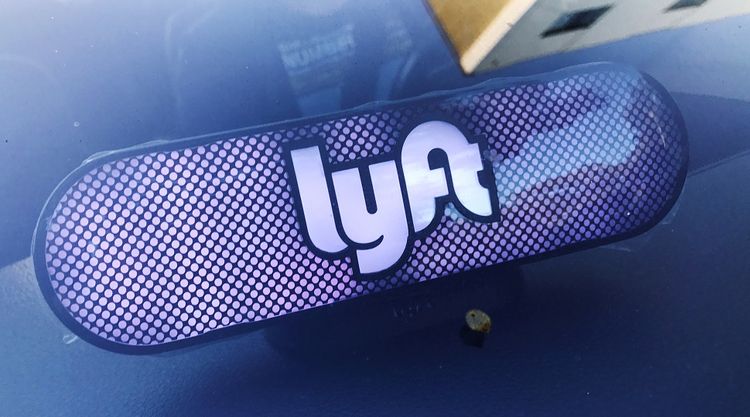Lyft Inc on Wednesday raised the price range for its initial public offering, as investors looked past the ride-hailing startup’s mounting losses to the company’s growing market share against larger rival Uber Technologies Inc.
Lyft raised its IPO price range to between $70 and $72 per share, meaning the ride-hailing company is now targeting a valuation of up to $24.3 billion. The increased range, from $62-$68 previously, is the result of investors worrying about missing out on the biggest U.S. IPO since Snap Inc in 2017.
Lyft’s IPO was oversubscribed just two days into its investor roadshow, Reuters reported last week.
At the upper end of the new range, Lyft would have a market capitalization of $20.45 billion, a little larger than Snap Inc when it went public in 2017. At this size, it would be the biggest U.S. IPO since Chinese e-commerce Alibaba Group Holding Ltd in 2014.
Counting for things like restricted stock options, Lyft’s valuation would be as high as $24.3 billion. Lyft was valued at $15 billion in final private fundraising round in 2018.
At the mid-point of its new target range, $71 per share, Lyft would raise roughly $2.1 billion.
The increased price range signals a healthy appetite for new stocks after jeans maker Levi Strauss & Co last week priced its targeted range and popped on its market debut.
It also indicates many investors are willing to overlook uncertainty over Lyft’s path to profitability and its strategy for autonomous driving, for fear of missing out on such a high-profile technology IPO.
The IPO market had a slow start in 2019 due to volatile markets at the end of last year and the government shutdown in January blocking U.S. regulators from processing new IPO applicants.
This all bodes well for the likes of Uber Technologies and Pinterest Inc, which are also planning to go public in 2019 but like Lyft have yet to turn a profit.
With start-ups like Lyft staying private for longer, there is a backlog of demand to allocate more money to stocks which are considered high-growth in order to diversify away from Wall Street’s FAANG trade which is made up of Facebook Inc , Amazon.com Inc, Apple Inc, Netflix Inc and Google parent Alphabet Inc .
Nevertheless, Lyft’s strategy and ability to make money has not been without skeptics.
Union pension fund adviser CtW Investment Group has argued Lyft “faces an all-but-insurmountable barrier” to profitability due to issues with the ride-hailing company’s pricing strategy and new regulations driving costs higher.
Lyft’s revenue was $2.16 billion for 2018, double the previous year’s and far higher than $343 million in 2016. It posted a loss of $911 million in 2018 versus $688 million in 2017.
Lyft’s IPO is set to price on Thursday with shares scheduled to begin trading on the Nasdaq on Friday.
Reuters


